The Center for Teaching Excellence Fellowship for full time faculty involves a commitment to work on a project for one semester in collaboration with the CTE team. Projects are related to teaching and/or learning and based on the fellow's teaching and research interests. Learn more about the program or read about previous Fellows below!
CTE Faculty Fellows
Fall 2024
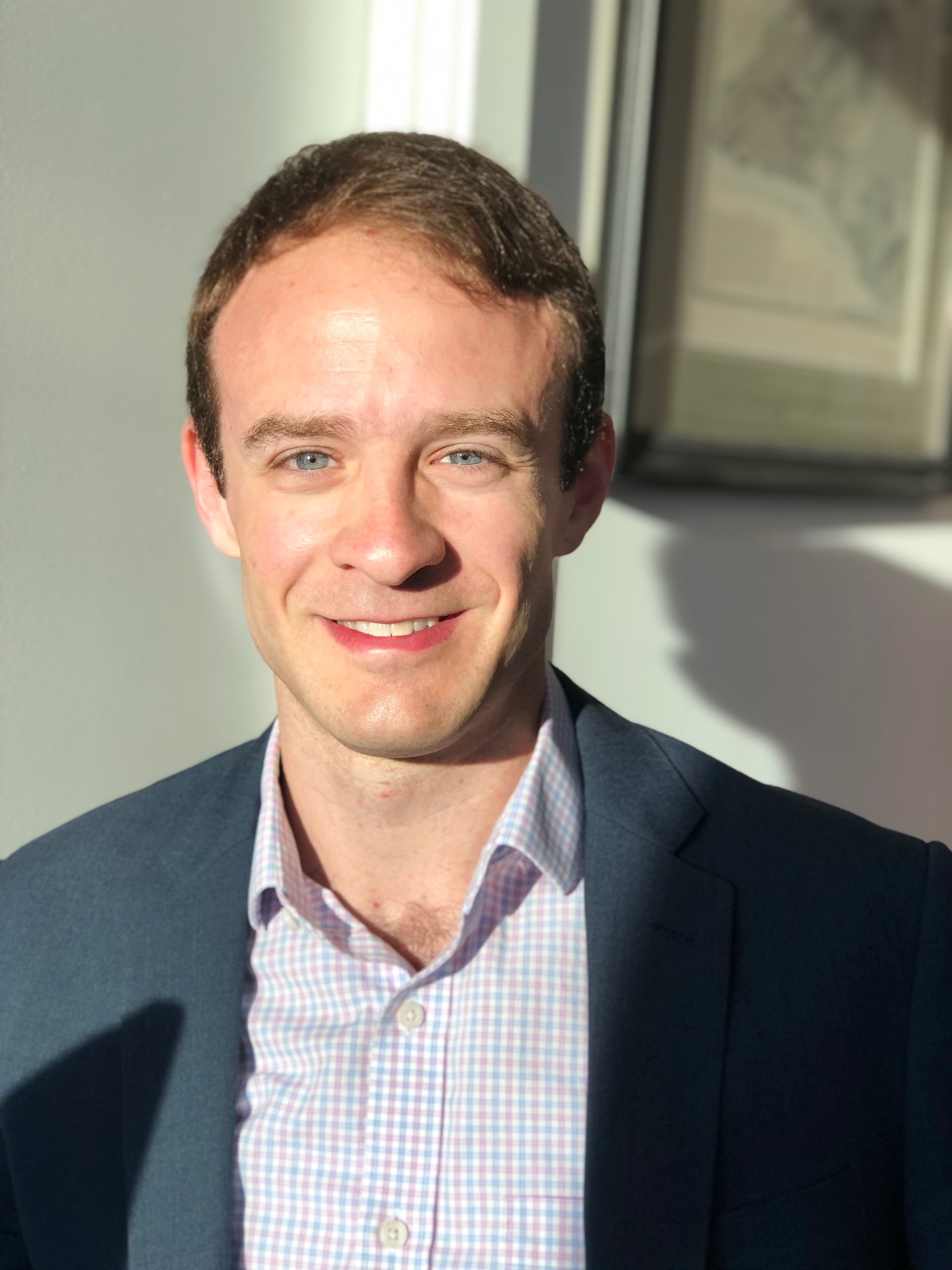
Dr. Lev Weitz, Ph.D.
Lev Weitz is associate professor of history and Director of the Islamic World Studies Program at the Catholic University of America.
A historian of the Islamic Middle East, his scholarly interests lie in the encounters among Muslims, Christians, and Jews that have shaped the region’s history from the coming of Islam to the present.
He is the author of Between Christ and Caliph: Law, Marriage, and Christian Community in Early Islam (University of Pennsylvania Press, 2018).
Fall 2023 - Faculty Fellows
-
Dr. Sue Yeon Syn, Ph.D.
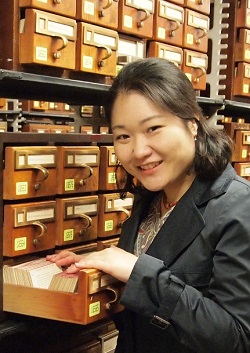
Dr. Sue Yeon Syn, Ph.D.
Dr. Sue Yeon Syn is an associate professor in the Department of Library and Information Science at the Catholic University of America.
She earned her Ph.D. in Information Science at University of Pittsburgh. Her research interests focus on user information behavior in the aspect of users’ involvement in information creation and sharing on social web. Her current research projects include investigating health information behavior and communication, and data management.
As CTE Faculty Fellow, she will explore the use and needs of AI technology in higher education and develop a guideline toolkit that can help educators utilize the technology in teaching and learning.
-
Dr. Justin B. Litke, Ph.D.
Dr. Justin B. Litke, Ph.D.
Justin B. Litke, Ph.D. is assistant professor of Politics and Director of Undergraduate Studies for the department.
He writes primarily in American political thought and teaches American politics and the history of political theory.
With recent advances in artificial intelligence, he has begun to examine questions related, especially, to traditional modes and standards education, especially Catholic education, on which he has presented at Catholic U and other universities.
He is developing a series of workshops in Fall 2023 with a colleague on the topic.
-
Dr. Jonathan D. Askonas, Ph.D.
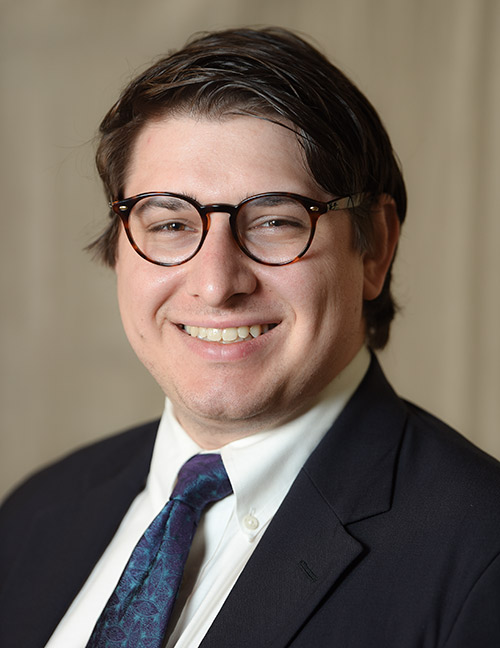
Dr. Jonathan D. Askonas, Ph.D.
Jon Askonas is an assistant professor of Politics at the Catholic University of America, where he works on the connections between the republican tradition, technology, and national security.
He is also a Senior Fellow at the Foundation for American Innovation.
Spring 2023 - Faculty Fellows
-
Jason Davison, Ph.D. & Rebecca Kiriazes, Ph.D.
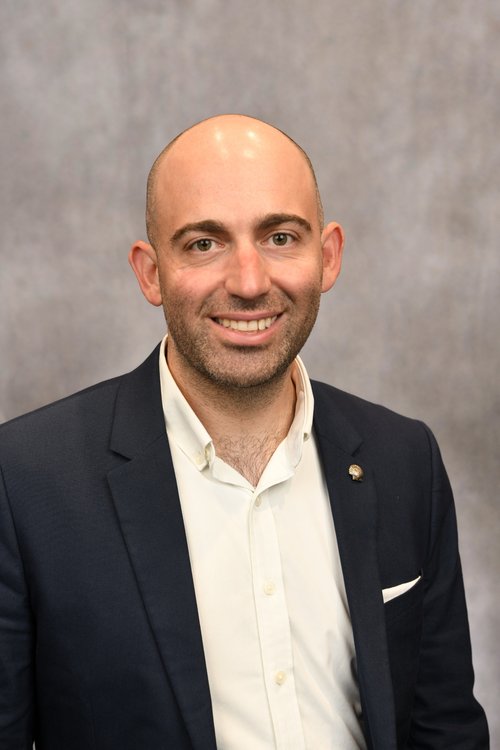
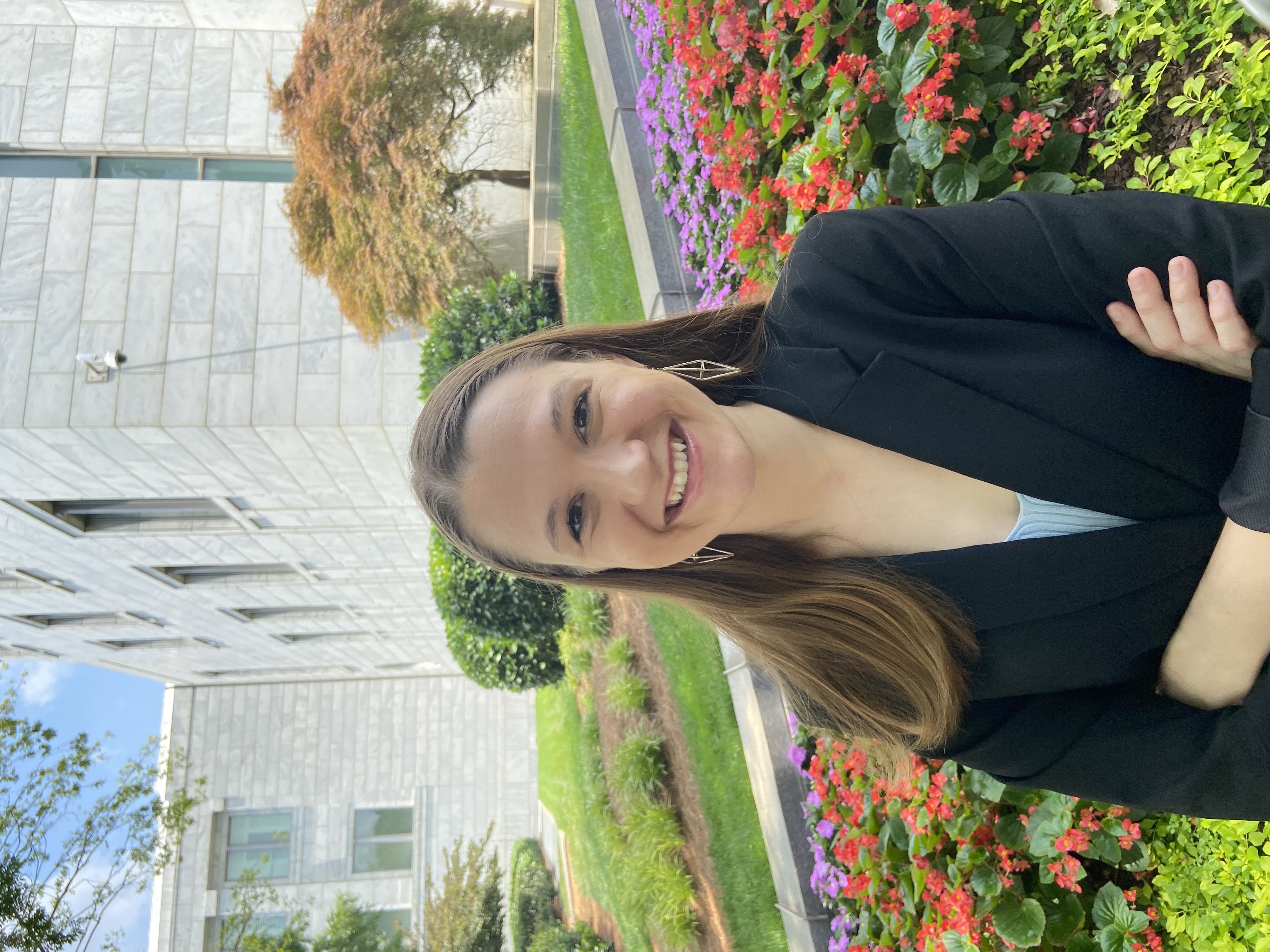
Jason Davison, Ph.D. & Rebecca Kiriazes, Ph.D.
Civil Engineering
Dr. Jason Davison is an Assistant Professor in the Department of Civil Engineering at The Catholic University of America. Previously, he was a Post-Doctoral Scientist at Aquanty Inc., where he researched Canada's water resources and the impact of global climate change. Jason received his PhD in Earth and Environmental Sciences from the University of Waterloo in 2017, and his research focused on integrated atmosphere, surface, and subsurface water flow models. He received his M.S. in Environmental Fluid Mechanics and Hydrology from Stanford University and his B.S. in Civil and Environmental Engineering from the Georgia Institute of Technology. Jason’s research interests include plastic waste modeling, STEM education, water cycle modeling, environmental policy, continental scale hydrology, and climate change.
Dr. Rebecca (Becca) Kiriazes received her Ph.D. in Civil Engineering from the Georgia Institute of Technology in 2022 where her research, supported by the NSF Graduate Research Fellowship program, focused on the shifting attitudes and behaviors towards shared mobility. Becca received her M.S. in Transportation Engineering from the Georgia Institute of Technology in 2020 and B.S. in Civil Engineering from the University of Florida in 2018. Her research interests include travel behavior and multimodal system planning to promote sustainable and safe urban environments.
As CTE Fellows, Drs. Davison and Kiriazes researched community-building project-based learning and surveyed engineering students' needs in order to guide CUA School of Engineering program changes. They presented their findings and initial thoughts at a town hall for the School of Engineering faculty with the Dean, gathering information to ultimately create a plan for community-building project-based learning in the CUA School of Engineering.
Spring/Fall 2022 - Faculty Fellow
-
Jon Buttaci, Ph.D. Philosophy
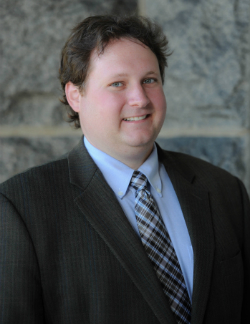
Jonathan Buttaci is an Assistant Professor of Philosophy. As a CTE Faculty Fellow, Dr. Buttaci is designing a series of workshops for the CTE, “Interdisciplinary Strategies for Teaching Foundational Courses,” that were offered in the Fall of 2022. These sessions offered a glimpse into the first-year philosophy curriculum, as Buttaci drew from his experience teaching introductory philosophy courses and his philosophical research into theories of mind and learning. These interdisciplinary strategies include Awakening Wonder in Foundational Courses, rethinking the Socratic Method for leading seminar discussion, and Unlocking the Canon with Contemporary Music and Film.
Fall 2021 - Faculty Fellows
-
Katherine Havanki, Ph.D. & Otto Wilson, Ph.D. Chemistry & Biomedical Engineering
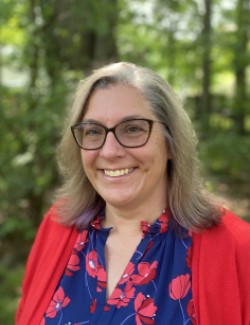
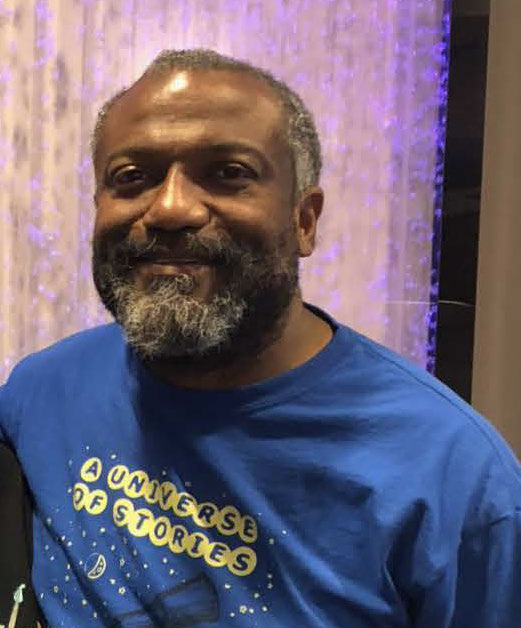
Kathy Havanki is an Assistant Teaching Professor in the Department of Chemistry specializing in chemistry education, discipline-based educational research, visual attention in organic chemistry education, and eye-tracking methods. Dr. Havanki teaches 100-level chemistry courses for STEM and non-STEM majors, as well as the general chemistry laboratories.
Otto Wilson is an Associate Professor and Chair of the Department of Biomedical Engineering. At Catholic University, he established a research lab to enhance the healing and remodeling of hard tissue. He is also very active in K-12 educational outreach and promoting STEM education among young people.
As CTE Fellows, Dr. Havanki & Dr. Wilson, who share a deep commitment to professional development for STEM faculty at all levels of education, will investigate the professional development needs of STEM faculty, using Catholic University as a microcosm of the educational community. Using focus groups made up of CatholicU faculty, they will explore the professional development needs of our teaching community. Their ultimate goal is to identify the top needs of CatholicU STEM faculty and generate resources to address those needs, while facilitating learning in our community. What they learn in this project will help with the long-term development of a “PD Genie” to support K-12 STEM educators.
-
Donald Larson, Ph.D. Mathematics
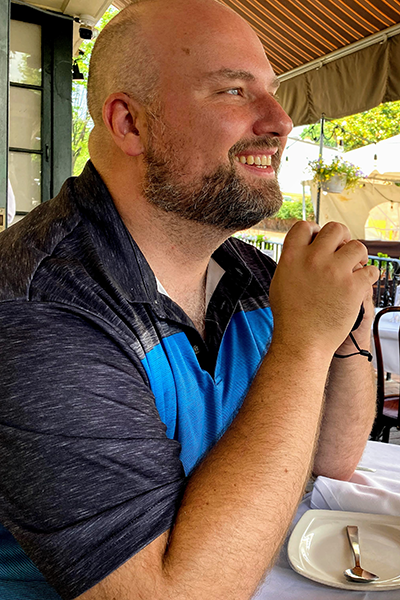
Don Larson is an Assistant Professor in the Department of Mathematics specializing in algebraic topology. As a CTE Faculty Fellow, Don explored ways of impacting STEM classroom culture to promote academic honesty through the use of cutting-edge, but simple, pedagogical strategies. These strategies include leveraging students’ intrinsic motivation, rewarding mastery over performance, lowering the pressure of grades, and instilling self-efficacy. These strategies are designed to increase learning, while having an added benefit of establishing a culture that prioritizes academic integrity, rather than trying to penalize academic dishonesty. Explore the handout that Don created on Promoting a Culture of Academic Honesty with more information on these strategies!
-
Michael Massey, Ph.D. Social Work
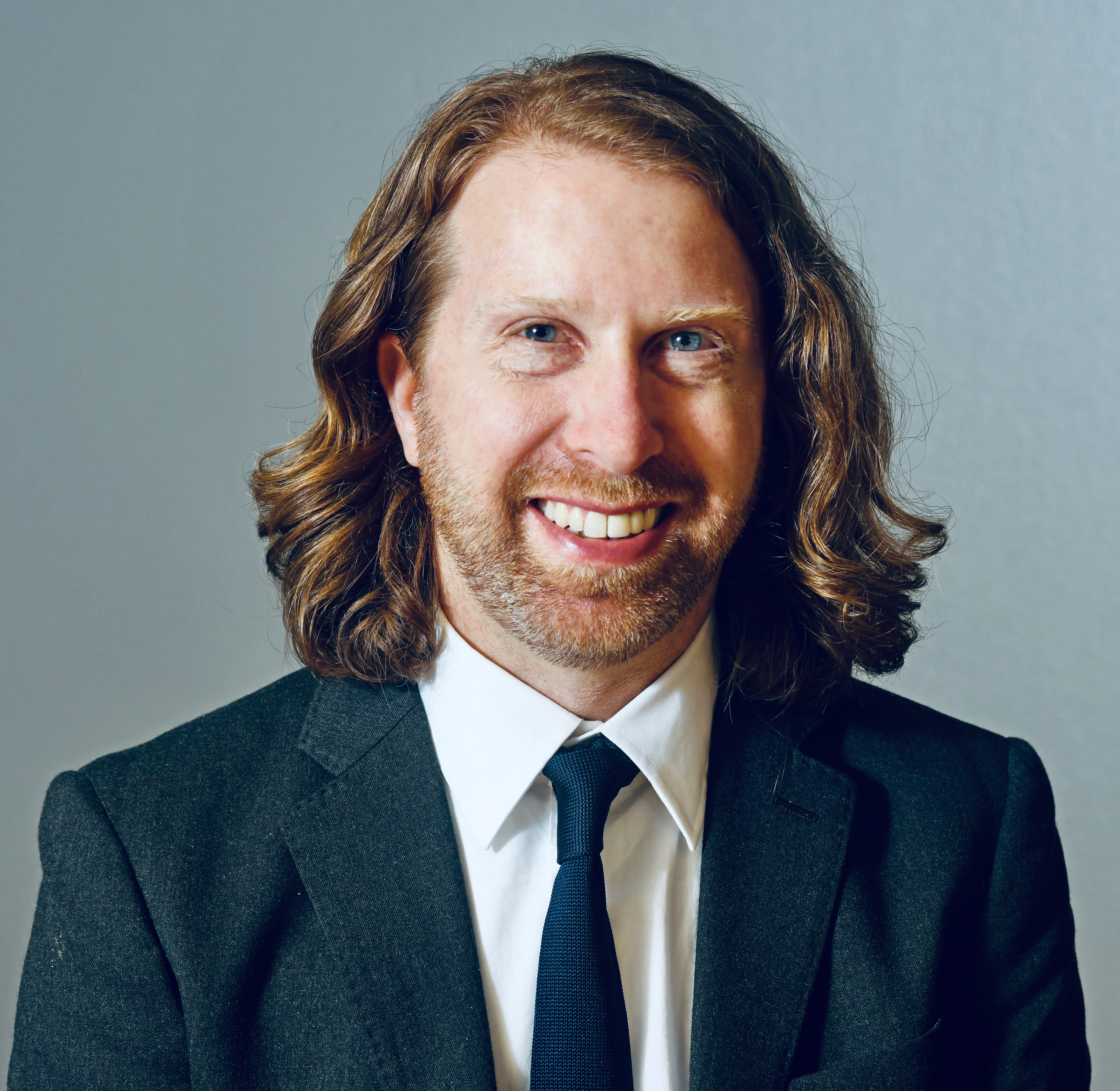
Michael Massey is an Assistant Professor of social work in the National Catholic School of Social Service. As a CTE Faculty Fellow, Mike implemented and evaluated classroom strategies and tools to create a dialogical, student-centered, and equitable environment for “difficult conversations” focused on -isms, power, privilege, and oppression. Throughout the course he taught in Fall 2021, he observed and assessed student development of key communication skills and attitudes, while also examining his own subjective experience of this process. In the spring 2022 semester, he gave a presentation and developed a handout on Going There: Facilitating Difficult Discussions in the Classroom with best practices and considerations for facilitating these types of discussions.
Spring 2021 - Faculty Fellows
-
Kathryn Bojczyk, Ph.D. & Anita Shagnea, M.S., Education & Mathematics
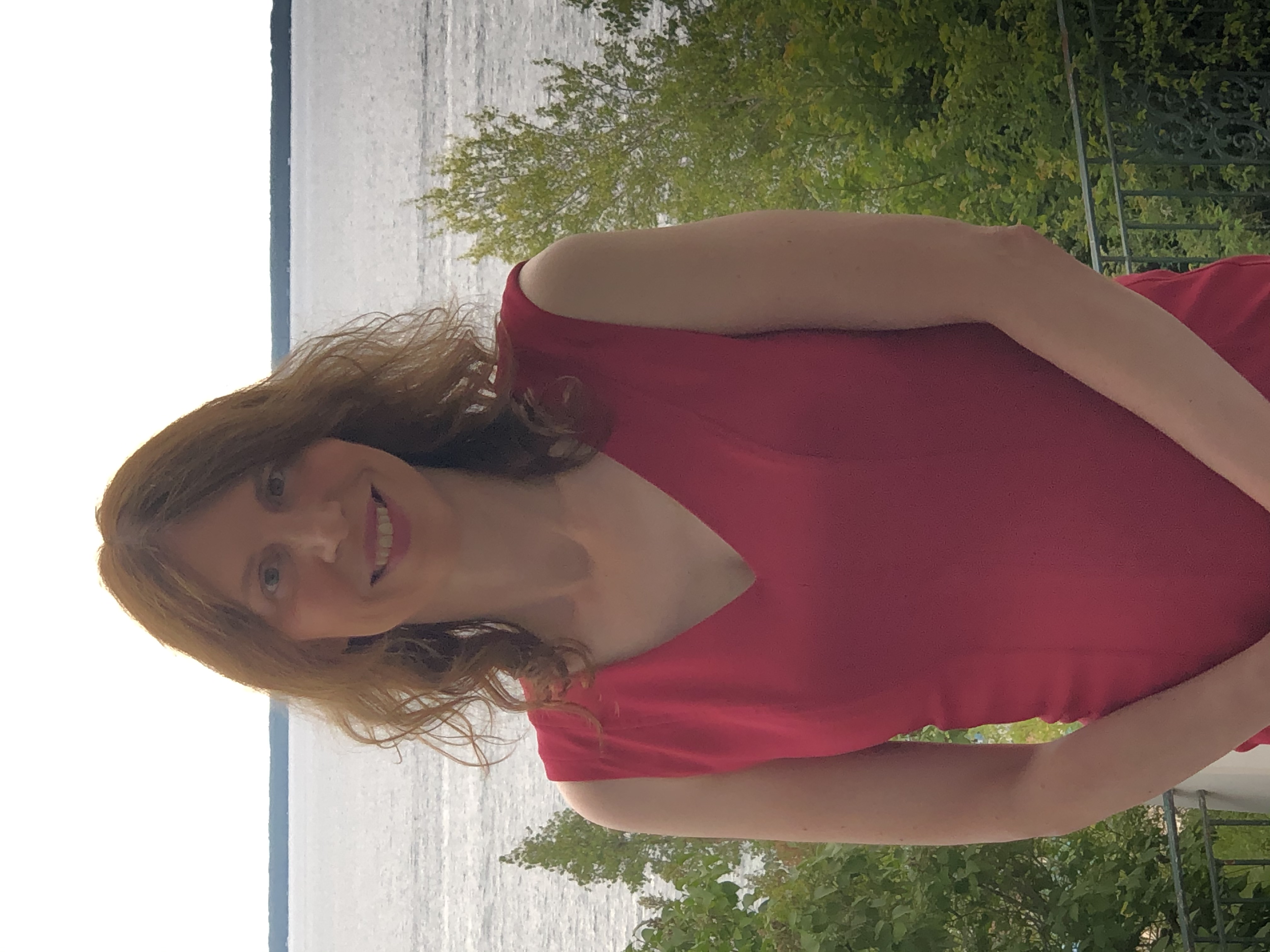
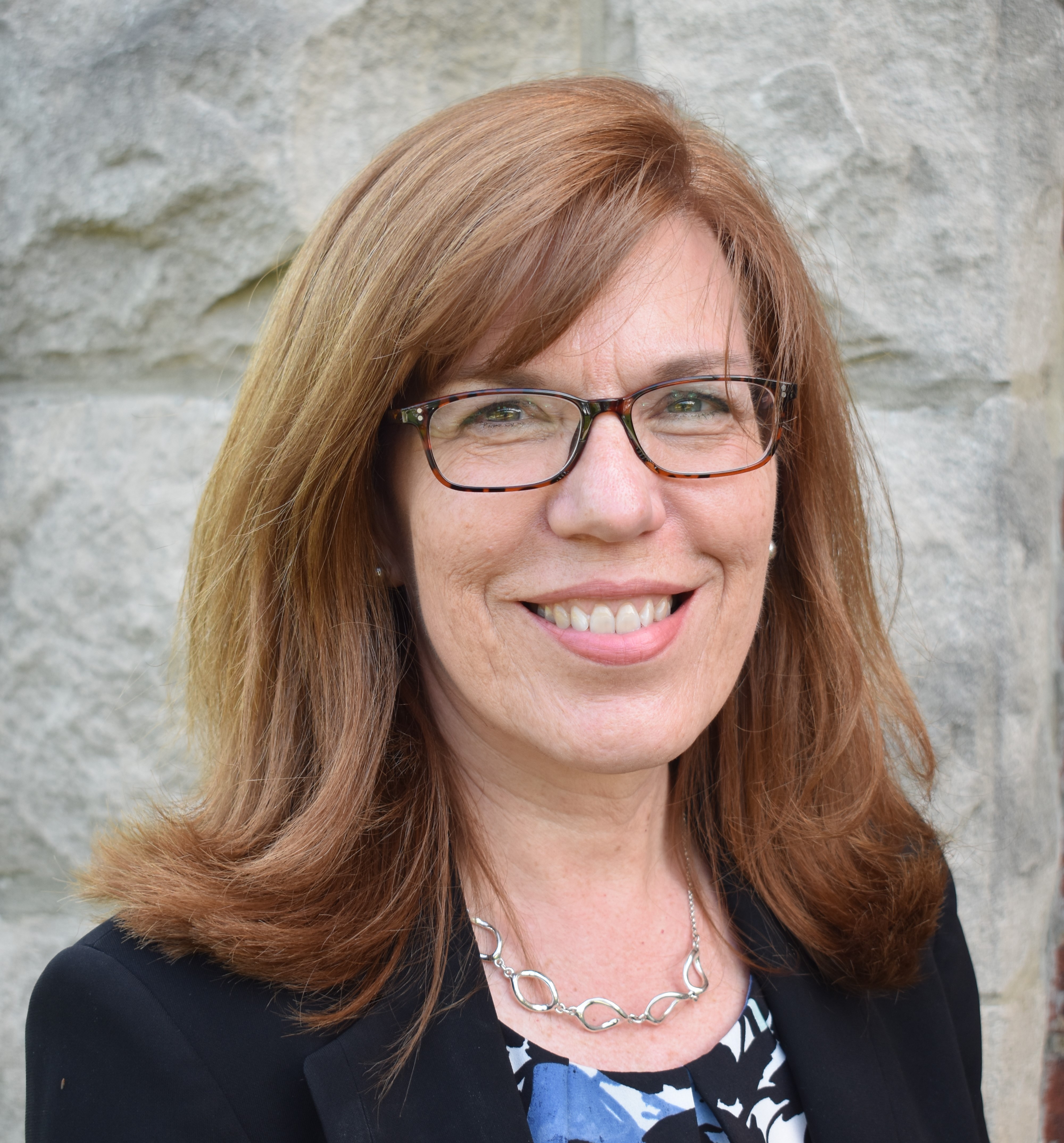
Kathryn Bojczyk is the Department Chair in the Department of Education, and serves as the Coordinator of the Early Childhood Education Program. Anita Shagnea is a Clinical Instructor in the Department of Mathematics, past co-chair of University Research Day, and she facilitates the Applied Math in Action! Summer Program as well as the Online Precalculus Review Course. As CTE Faculty Fellows, Dr. Bojczyk and Professor Shagnea collaborated to conduct a research study on students’ help-seeking behaviors in online college math courses, summarized in this infographic. This research led to the development and implementation of a survey of Catholic University math students and a video to support students in becoming more pro-active help-seeking mathematics students. In addition, Dr. Bojczyk and Professor Shagnea are co-PIs along with PI Dr. Kiran Bhutani on a three year $299,953 NSF-funded grant (number 2021751), "Enhancing Student Help-Seeking Behavior and Reinforcing Problem-Solving Skills in Online Mathematics Learning (E-SHARP)."
-
Sarah Ferrario, Ph.D., Greek & Latin
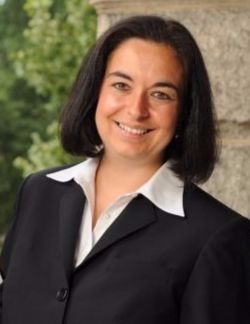
Sarah Ferrario is an Associate Professor and Chair of the Department of Greek and Latin. As a CTE Faculty Fellow, Dr. Ferrario designed an evaluation and assessment plan for the Greek and Latin Summer Program, in order to study the effectiveness of its intensive online language courses and make evidence-based program improvements. With the help and support of eleven dedicated summer instructors across the elementary and intermediate language levels in 2021, she custom-built a series of online micro-quizzes that collected data on students' skills in morphology and translation. She will continue the assessment process in the non-intensive, in-person language courses offered by her department during the regular academic year 2021-22, in order to compare the results generated by the two curricular models.
-
Guoyang Liu, Ph.D., Mathematics
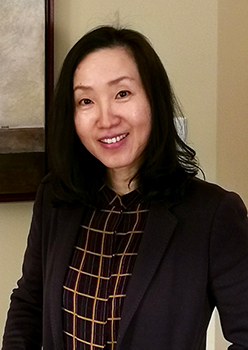
Guoyang Liu is an Associate Professor in the Department of Mathematics. As a CTE Faculty Fellow, Dr. Liu designed and developed a novel, inquiry-driven, project-based course, Linear Algebra and Learning from Data, for students from across a variety of disciplines to learn data analysis, signal processing, and machine learning while exploring real-world problems and developing skills relevant to graduate studies and careers. When designing the course, Dr. Liu integrated pedagogical strategies to allow for differentiation and scaffolding and ensure greater student success. She created a handout of strategies for other instructors to consider as they design courses to better support student learning. -
Taryn Okuma, Ph.D., English
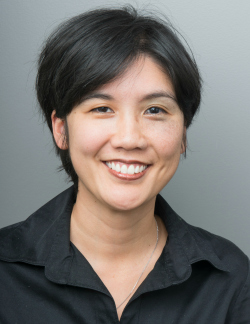
Taryn Okuma is an Associate Professor of Practice and Associate Director of the Writing Program in the Department of English. Through the CTE Faculty Fellowship, Dr. Okuma developed a Literary Magazine Production course to create the student-run online literary magazine, Vermilion. Issue 1 of the magazine, produced by Dr. Okuma’s first cohort of students in this class, can be accessed here. The course combines traditional classroom approaches to teaching literature and writing with experiential learning through training and visits from current professionals in creative writing and publishing. Dr. Okuma will present on her teaching methods and discuss the creation of this course in a CTE-sponsored workshop on April 11, 2022, titled “Experiential and Project-Based Learning in Humanities Courses.”
Fall 2020 - Faculty Fellows
-
William Barbieri, Ph.D., Religion and Culture
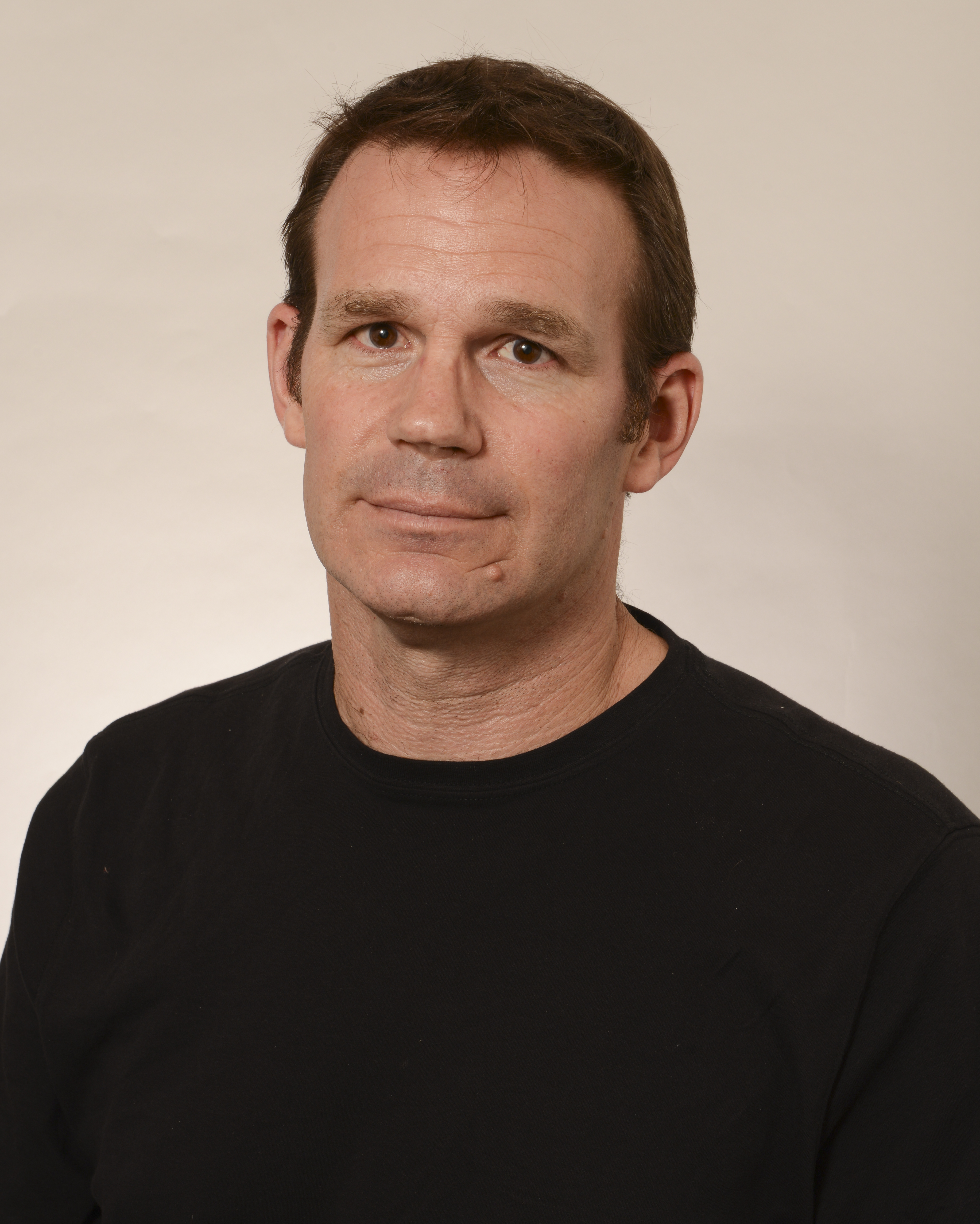
William Barbieri is an ordinary professor in the School of Theology and Religious Studies, where he serves in the Religion and Culture and Moral Theology/Ethics academic areas. He is also the director of the interdisciplinary Peace and Justice Studies Program. As a CTE Faculty Fellow, Dr. Barbieri developed a joint graduate and undergraduate course on Race and Religion. Exploring anti-racist pedagogy and practices, Dr. Babieri developed a course that examines the interaction between race and religion in contemporary society which integrates theology, religious studies, ethics, critical race theory, and community-based learning.
-
Rona Frederick, Ph.D., Education
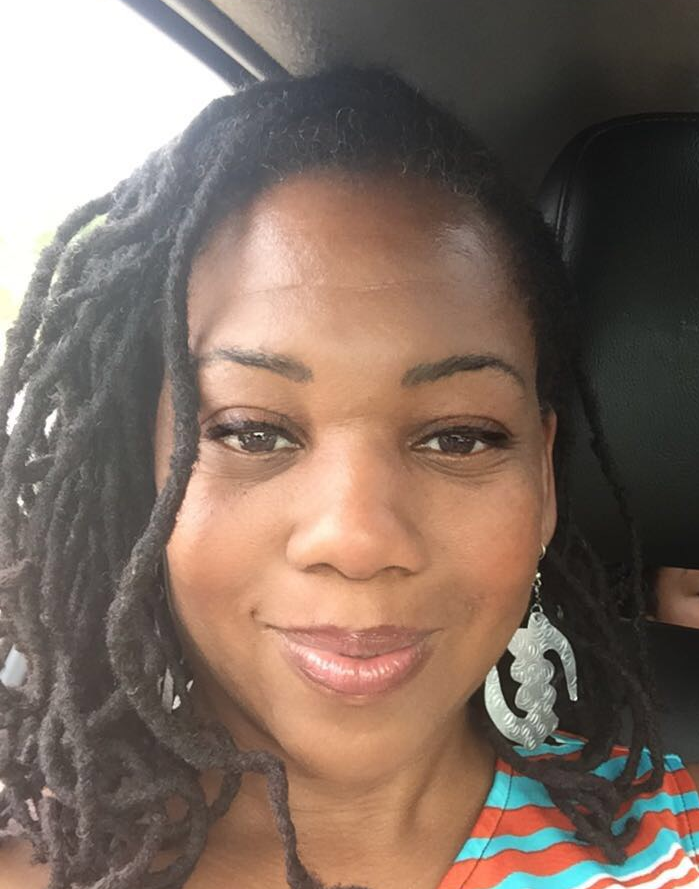
Rona Frederick is an Associate Professor in the Department of Education specializing in curriculum and instruction, teacher education, and Africana studies. As a CTE Faculty Fellow, Dr. Frederick conducted an evaluation study of eLearning Village, an online platform designed to provide culturally responsive enrichment classes by teachers of color for students all over the world. Using both quantitative and qualitative methods, her evaluation study examined the teaching and learning experience on this platform with the goal of improving instructional delivery. Be sure to explore the handout she created on Enhancing Virtual Teaching with Culturally Responsive Practice, with lessons learned from this study that are relevant to teaching at the University level!
-
Maria Cecilia Ulrickson, Ph.D., American Church History
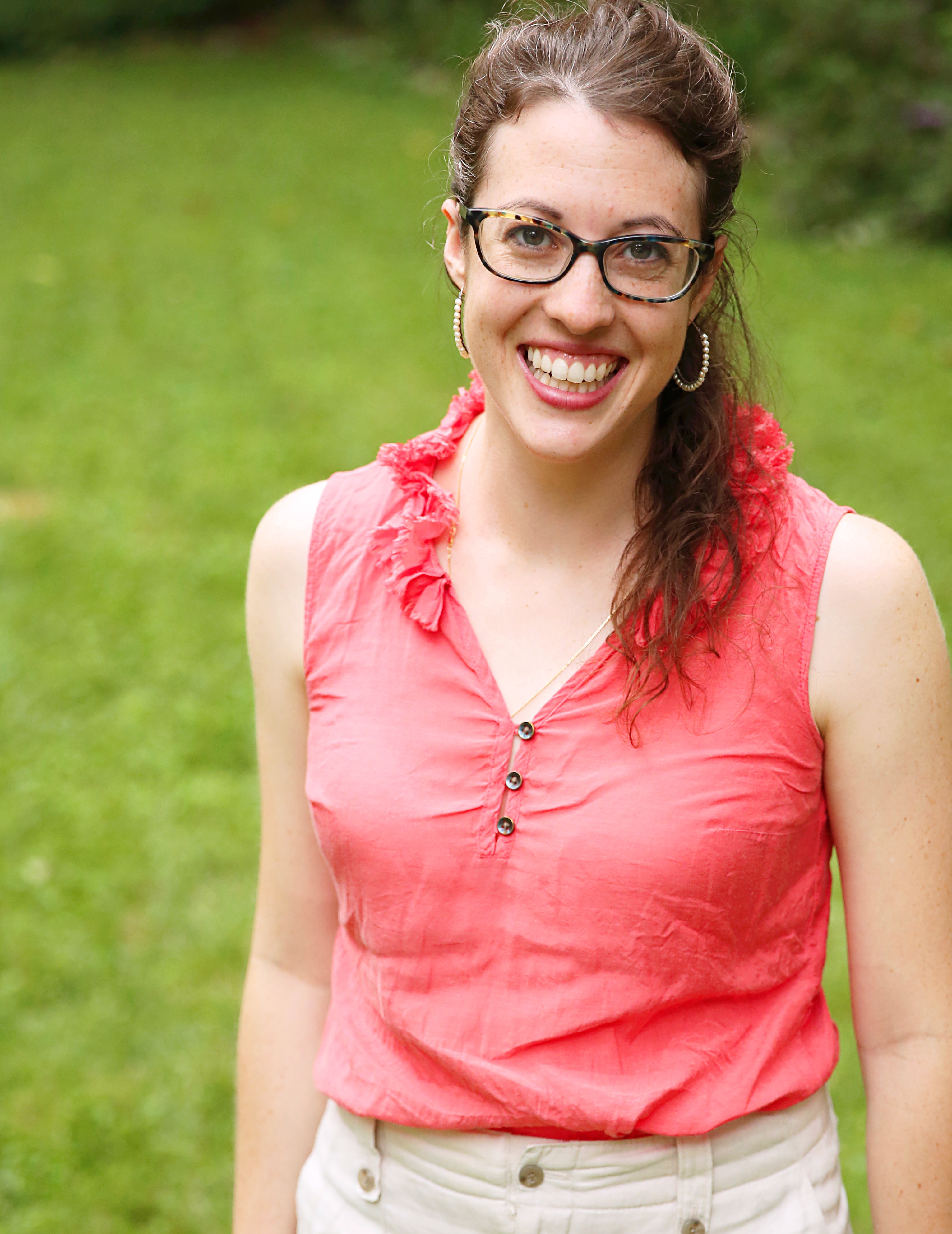
Maria Cecilia Ulrickson is an assistant professor of American Church History in the School of Theology and Religious Studies. She teaches and writes on slavery and the Church in Latin America and the Caribbean. As a CTE Faculty Fellow, Dr Ulrickson used a video-based discussion tool, Flipgrid, to support student writing. As students prepared their term papers, they brainstormed, developed arguments, analyzed sources, revised, and journaled in video form in the Flipgrid classroom. Flipgrid allowed her to expand the space of her classroom beyond the synchronous meeting times. As a result, the community spirit of her classes was enhanced, as Flipgrid gave her students the opportunity to interact and share ideas outside of their more formal Zoom meeting times.
-
Peter Ulrickson, Ph.D., Mathematics
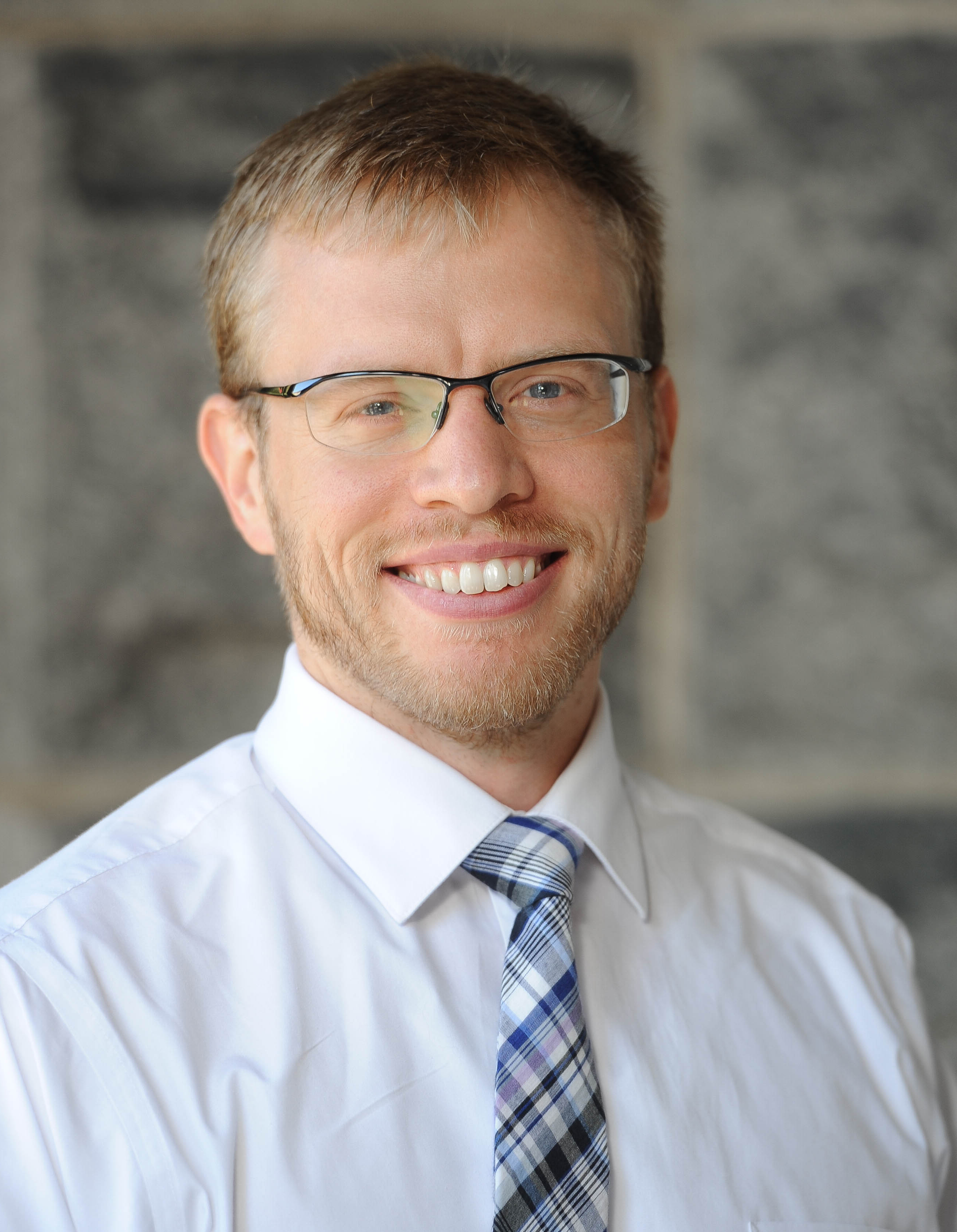
Peter Ulrickson is an assistant professor in the Department of Mathematics specializing in algebraic topology. His research interests include graph theory, knot theory, and connections between algebraic topology and quantum field theory. As a CTE Faculty Fellow, Dr. Ulrickson implemented the use of digital whiteboards to provide timely, convenient, and personal feedback to students of calculus. The goal of the project was to make mathematics visual and tangible despite the logistical challenges of remote learning. Be sure to check out his guide for using Digital Whiteboarding Tools for Early Feedback.
-
Otto Wilson, Jr., Ph.D., Biomedical Engineering

Otto Wilson is an Associate Professor in the Department of Biomedical Engineering. At Catholic University, he established a research lab to enhance the healing and remodeling of hard tissue. He is also very active in K-12 educational outreach and promoting STEM education among young people. As a CTE Faculty Fellow, Otto applied what we know about bees to what we can do to improve our teaching practice. He developed an infographic that illustrates and describes these connections. The four pillars of his conceptualization focused on activating students’ full potential (the bee wing), delivering engaging content (the bee sting), spicing up learning (honey), and exploring inspirational ways to communicate or share information with students (the bee dance).
